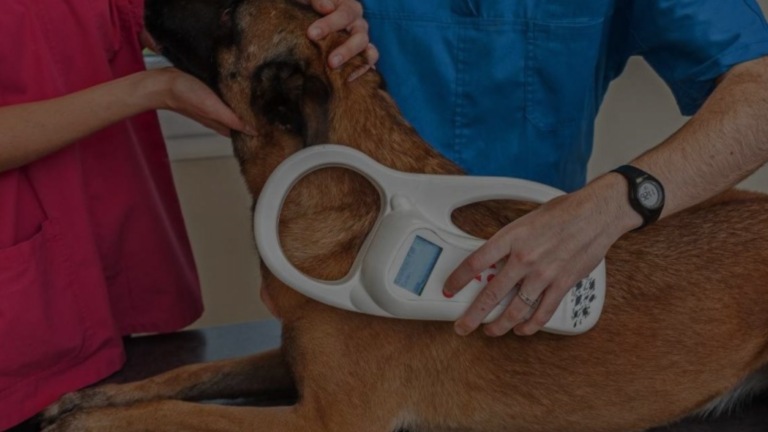If you’re a pet owner, you’re likely always on the lookout for ways to ensure the health and well-being of your furry companion. The topic of giving dogs creatine has gained attention in recent times. Can you give a dog creatine, and if so, is it safe and beneficial? In this article, we’ll explore the world of creatine supplementation for dogs, shedding light on its uses, potential benefits, and any risks associated with it.

What is Creatine?
Creatine is a naturally occurring compound found in small quantities in various animal-based foods. In the body, it plays a crucial role in providing energy to muscles during short bursts of intense physical activity. It’s a popular dietary supplement among athletes and bodybuilders, known for its potential to improve exercise performance.
Can You Give a Dog Creatine?
Dogs and Creatine
Before considering the use of creatine for your canine companion, it’s important to understand their specific needs and physiology. While dogs produce creatine naturally, their requirements may differ from humans. Canines obtain creatine from their diet, primarily from meat and fish.

The Risks
Giving your dog creatine without proper guidance can pose certain risks. Creatine supplements, designed for human use, may contain additives and ingredients that are not safe for dogs. Using the wrong product could lead to digestive issues or even toxicity.
Consult Your Vet
When it comes to making decisions about your dog’s diet and supplements, it’s always best to consult your veterinarian. They can provide guidance tailored to your dog’s specific needs, taking into account factors like breed, age, and overall health.
Potential Benefits of Creatine for Dogs
While creatine supplements are widely used by humans, their benefits for dogs are still a subject of ongoing research. Here are some potential advantages:
Enhanced Muscle Strength
Creatine may contribute to increased muscle strength in dogs. This can be particularly beneficial for working dogs, athletes, or those recovering from injuries.

Improved Performance
For dogs engaged in activities that require bursts of energy, like agility training, creatine supplementation may lead to improved performance.
Brain Health
Some studies suggest that creatine could have neuroprotective properties, potentially benefiting older dogs by supporting brain health.
Treating Certain Health Conditions
Creatine has been explored as a potential therapy for various medical conditions in dogs, including heart disease and certain muscle disorders.

Risks and Considerations
While there are potential benefits, it’s crucial to consider the risks and make an informed decision regarding creatine supplementation for your dog.
Dosage
Determining the right dosage for your dog is essential. Too much creatine can lead to side effects, so it’s vital to follow your vet’s recommendations carefully.
Side Effects
Dogs may experience side effects such as stomach upset or diarrhea when taking creatine. Monitor your pet closely when starting any new supplement.
Hydration
Creatine can affect your dog’s hydration levels. Ensure they have access to plenty of fresh water to stay adequately hydrated.
Purity of the Product
If you decide to use creatine for your dog, ensure you choose a high-quality product specifically formulated for canine use. Look for additives or ingredients that could be harmful to your pet.

Individual Considerations
Remember that each dog is unique, and what works well for one may not be suitable for another. Your vet can help you determine if creatine is the right choice for your furry friend.
Resources & References
For further information on this topic and other aspects of pet care, consider the following high-authority resources:
Recommended Articles
Recommended Video
If you’re interested in learning more about the effects of creatine on dogs, check out the video titled “What happens if you give a dog creatine?” below:
In this video, you’ll find additional insights into the topic, helping you make an informed decision about creatine supplementation for your furry friend.
Conclusion
In conclusion, the question of whether you can give a dog creatine is a complex one. While there are potential benefits, it’s essential to exercise caution and consult with your veterinarian before introducing any new supplement into your dog’s diet. Their guidance will help you make the best choice for your beloved pet’s health and well-being.
FAQs – Can You Give a Dog Creatine
Can you feed animals creatine?
Yes. Creatine is a natural substance that is found in both humans and animals. It can be safely fed to a variety of animals, including poultry, pigs, and horses.
What animals have creatine?
All animals have creatine, but the levels vary depending on the animal’s diet and activity level. Animals that eat meat tend to have higher levels of creatine than animals that eat plants.
Does creatine have animal products?
No. Creatine is a naturally occurring substance that can be synthesized from amino acids. It does not contain any animal products.
Why is creatine not illegal?
Creatine is a safe and natural substance that has been shown to have several health benefits. It is not considered to be a performance-enhancing drug and is therefore not illegal.
What is the best creatine for dogs?
The best creatine for dogs is a creatine monohydrate supplement. Creatine monohydrate is the most studied and well-known form of creatine and is safe and effective for dogs.
How does creatine affect animals?
Creatine can improve muscle growth, strength, and performance in animals. It can also reduce muscle fatigue and improve recovery after exercise.







